For Veterans and People with Emotional Trauma, Trained Service Dogs Can Help

Nevada ranks the worst for mental health in the United States, but service dogs can help provide emotional support to people experiencing PTSD, suicidal thoughts, drug and alcohol abuse, and other mental health issues.
UNR geophysics team uses drones carrying sensing equipment to search for new geothermal pools hidden underground
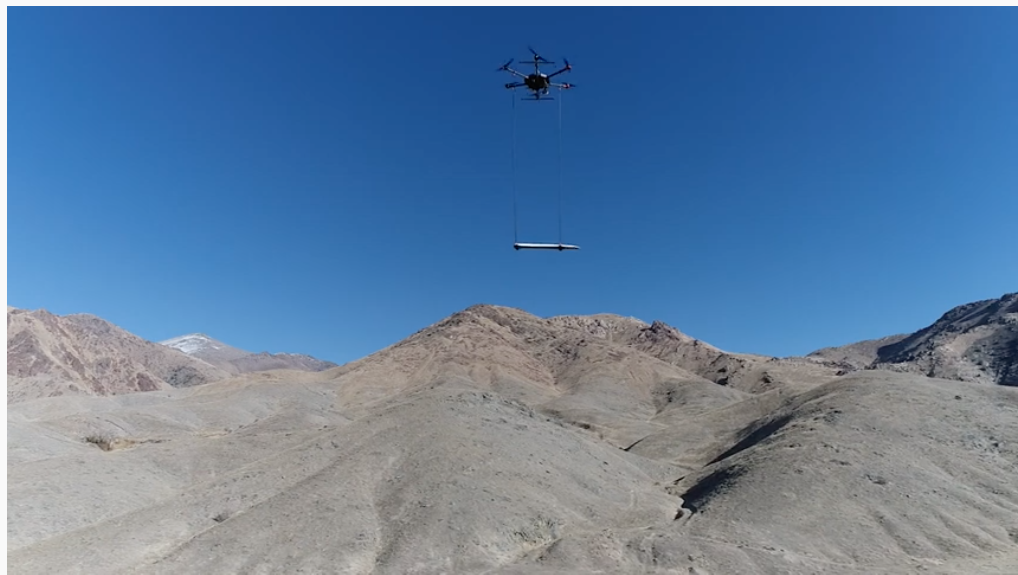
Many geothermal hot spots may never break through the Earth’s surface. The drones can fly over vast Nevada terrain carrying magnetic sensing equipment that can identify geological areas ripe for geothermal.
Nevada’s COVID Testing Rates Are Improving, But Still Lag Behind W.H.O Recommendation
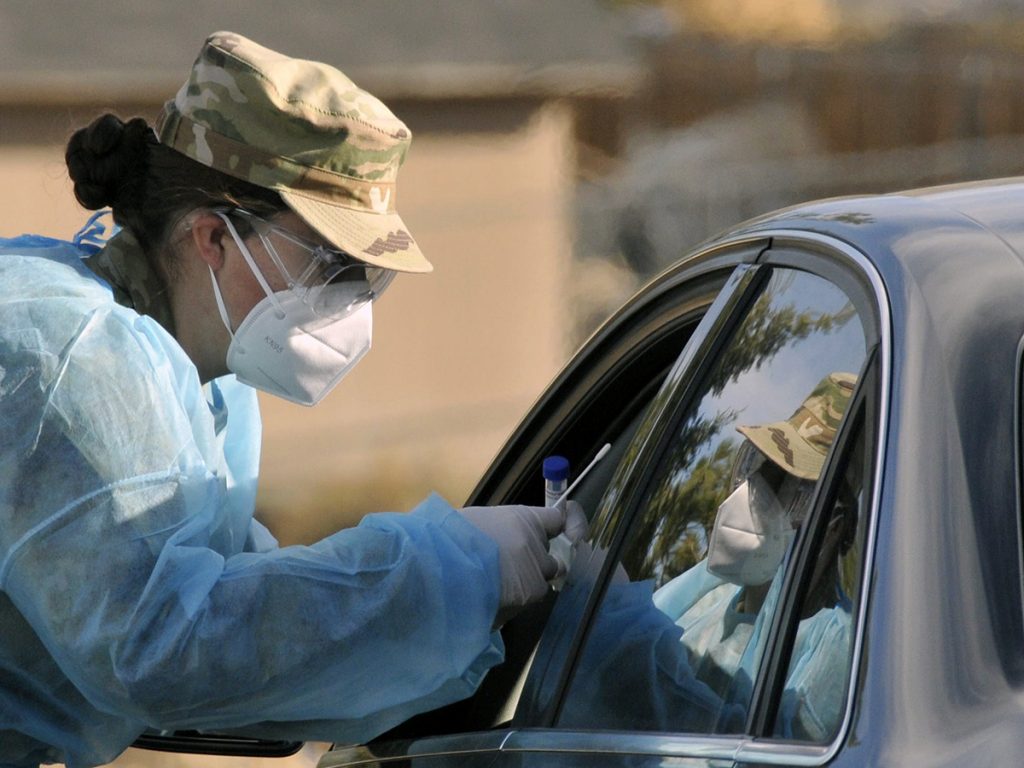
For the past seven months, Nevada’s Covid test positivity rate has been far too high.
Geologic History Of The Grand Canyon As Told By The River’s Path

One of the most impressive river canyons in the world, a kayaking trip down the Grand Canyon of the Colorado is like taking a trip through geologic history.
Climate change spurs California’s worst year of wildfires in recorded history
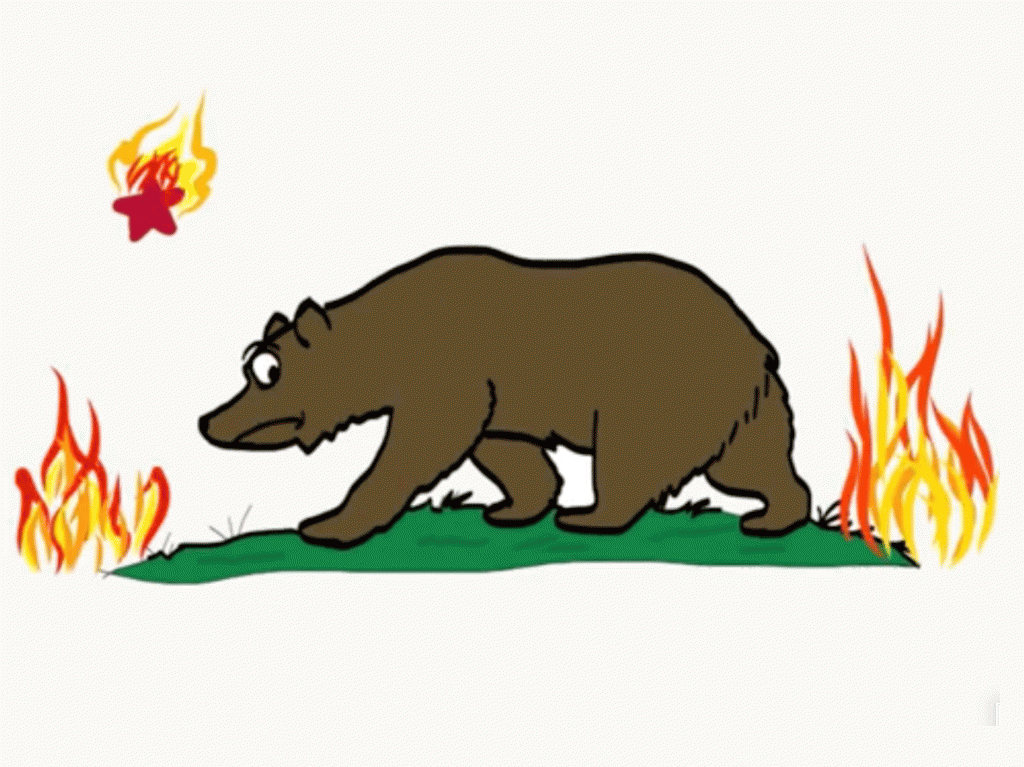
Nope, gender reveal parties aren’t the main culprit in causing massive wildfires in California.
Blue light glasses for preventing eye strain: just a fad, or do they really work?

Speedy tracing of food poisoning can stop illness in its tracks

Public health officials serve as detectives, looking for patterns in peoples’ sickness and testing foods and even restaurant equipment to find the source.
Nevada has abundant geothermal activity. Should energy companies develop it?
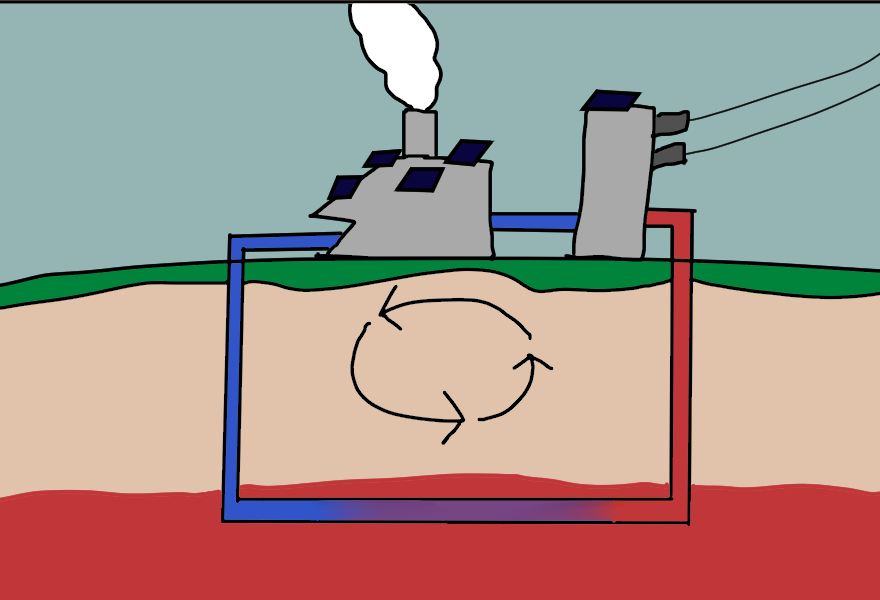
Nevada has many places with potential for geothermal energy, but unfortunately, they are far away from the state’s big cities.
Project screens DNA of Nevada volunteers to prevent disease
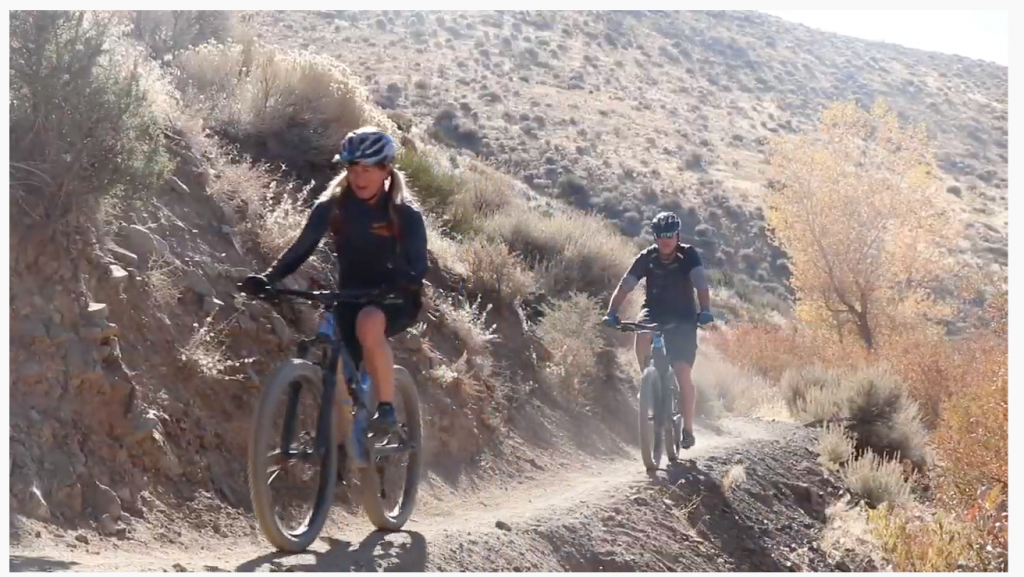
In 2019, Nevada ranked 35th in population health in the United States. This is in part due to high rates of cardiovascular disease, chronic health conditions and premature death. A number of factors influence people’s health in a given geographic area, one of which includes a person’s genes, which can show a person’s likelihood of developing […]
Reporter takes DNA test to partake in research aiming to boost health of all Nevadans
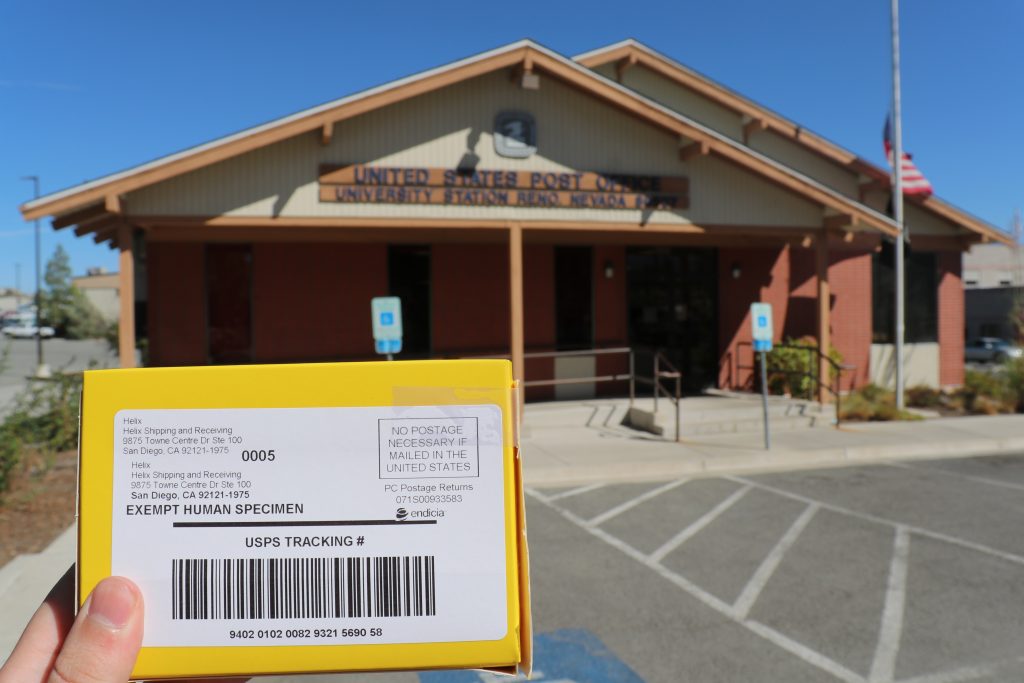
The Healthy Nevada Project can sequence your DNA to tell if you are genetically at-risk for developing certain diseases.


